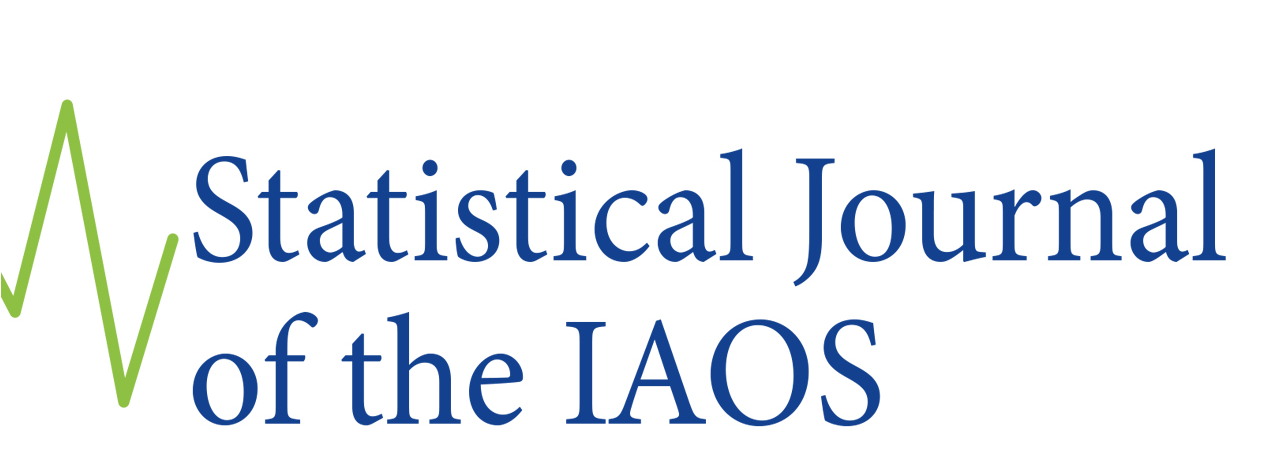
With the release of this issue of the Journal (December 2022), the 14th discussion will be opened. This discussion ‘How can Official Statistics find a way out of the fog?’ builds on the editorial in this December issue, inviting readers to react to the statement that the official statistics are currently in a situation of unclearness regarding the strategies and direction. Readers are invited to either react with supporting or disagreeing arguments to this statement or to contribute with suggestions on how to solve this situation.
The official statistics community knows very well the strategies for content and the procedures they have developed for the nearest future as well as the direction they went for during the last couple of years, but the recent multiplicity of crises and their impact has created so much of turbulence that the way forward is not that obvious any more and objectives set some years ago seem now to be less easy achievable.
The data revolution with new data sources, big data, new methodologies with a high emphasis on the joint use and integration of different sets of data, new technologies like artificial intelligence and machine learning, and new types of communication channels and tools has created during the last 10 to 12 years a new environment for official statistics. These changes went hand in hand with the emerging role of new often private sector stakeholders and partnerships in the production process, with new demands for the governance of this new complex system, and unforeseen ethical and legal aspects as well as with a demand for different skills and competencies of the staff involved in these processes. The rather recent international crises have accelerated these developments, sometimes pushing in a slightly different direction, as well as forcing official statistics to install other supplementary changes. With exception of the crises, most of the developments during the last 10 to 12 years were foreseen and some even properly anticipated, however, with the complexity and the high speed of the change process, it appears that the official statistics community currently feels confused, not able to accurately find all answers on all the demands and challenges. The new developments demand specific staff skills and competencies that are not sufficiently available due to competition with many other sectors, work programs need to be rewritten as these are not yet sufficiently focussed on the new environment and demands and at the most basic level, it is unclear which role for official statistics to play in the new data ecosystem and which strategies official statistics have to follow on several new and which strategies, on old themes, have to be updated, due to the crises.
Proof of a situation as sketched can be found in the recent initiative of the German Statistical Office to set up a special Committee on the Future of Statistics. This committee will advise on how to design a future program planning anticipating new developments in official statistics. The recent initiative of the IAOS for establishing the Krakow Working Group (A Fast evolving landscape for Official Statistics: How to respond to the challenges?) points to a similar challenge on the global level.
The readers are invited to contribute to this discussion, with opinions, statements, and comments agreeing or maybe disagreeing with this assumption of Official Statistics being lost in the fog.
